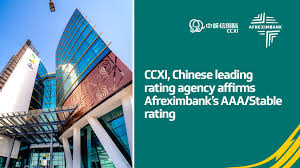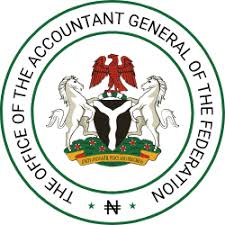A new World Economic Forum report, offers a re-evaluation of global economic growth, introducing a new framework that takes a holistic look at GDP alongside the quality of growth across 107 economies.
The Future of Growth Report 2024 highlights a significant economic slowdown, estimated to fall to the lowest rate in three decades by 2030, amid ongoing economic and geopolitical shocks. This downturn the report notes is exacerbating a range of interconnected global challenges, including the climate crisis and a weakening social contract, which are collectively reversing progress in global development.
“Reigniting global growth will be essential to addressing key challenges, yet growth alone is not enough,” said Saadia Zahidi, Managing Director, World Economic Forum. “The report proposes a new way for assessing economic growth that balances efficiency with long-term sustainability, resilience and equity, as well as innovation for the future, aligning with both global and national priorities.”
Launching alongside this report in Davos is the Forum’s Future of Growth initiative, a two-year endeavour aimed at charting a new narrative for economic growth and supporting policy-makers from around the world, together with economists and other experts, in identifying the best pathways in balance growth, innovation, inclusion, sustainability and resilience goals.
The report reveals that most countries continue to grow in ways that are neither sustainable nor inclusive and are limited in their ability to absorb or generate innovation and minimize their contribution and susceptibility to global shocks.
The inclusiveness pillar, which measures the extent to which an economy’s trajectory includes all stakeholders in the benefits and opportunities it creates, and the resilience dimension, which captures the extent to which an economy’s trajectory can withstand and bounce back from shocks, have the highest global average scores, 55.9 out of 100 and 52.8 out of 100, respectively.
Meanwhile, the global average of the sustainability dimension, which measures the extent to which an economy’s trajectory can keep its ecological footprint within finite environmental boundaries, is 46.8 out of 100. The innovativeness dimension – which captures the extent to which an economy’s trajectory can absorb and evolve in response to new technological, social, institutional and organizational developments to improve the longer-term quality of growth – attains the lowest global score, with a global average of 45.2 out of 100.
Good production costs money and you can support what we do. Please find our details below👇🏾👇🏾👇🏾 Account name: MARKET ONLINE MEDIA Bank: UBA Acc No: 1026401930.






























